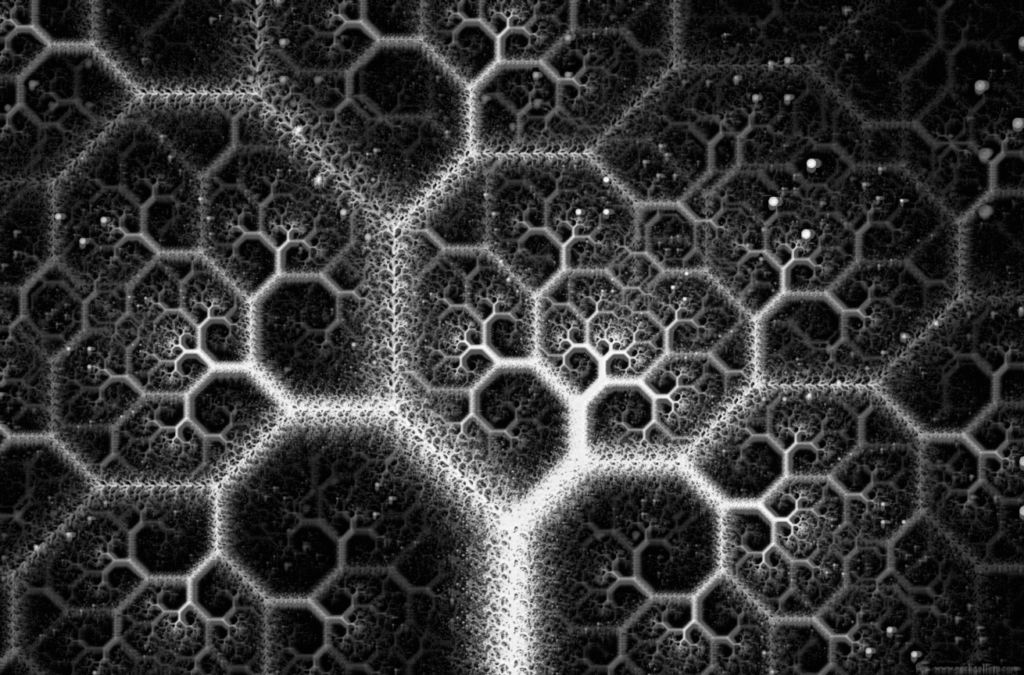
Something is wrong with the theory of reincarnation. The math doesn’t work, the same personality types appear in multiple instances, and a child, when born, has only a very rudimentary consciousness. If that child were raised without contact with humans, it would hardly be a human being.
Buddhism teaches reincarnation, but it’s not a Buddhist concept. It predates it by many centuries, is told all through the Vedas. It’s old science. With Darwin, we’re forced to reconsider our origin. We aren’t just repeating human life continuously. If you examine our entire history, we are a constantly evolving life form—we aren’t human at all.
If an animal meets a debilitating environmental force, it either dies, or adapts. The new permutation diverges from its learned behaviors. The old way is forgotten. What use would a reincarnation of a previous generation be? The human strain is far more complex, but is it so different? If a soul from centuries past reincarnated in today’s world, society would be a confusing mess.
Take the child who, this time, grows up surrounded by humans of all sorts. When the child experiences something, it quickly forms an attachment to it, often wanting to repeat it endlessly, especially if it’s a pleasant experience. This creates a point of identity from which others connect and spread and form this amalgam, a matrix of attachment points—an identity forms. The environment of the time directly influences its fabric of reality. Everything in our environment, each individual’s contribution, is integral to this larger framework that is the human matrix, a rapidly evolving mass of consciousness. Every generation has different parameters—the forward press.
When the child is old enough to remember, the network has already formed. It seems contiguous. The child isn’t aware that it grew out of its interactions with the world. The same for the scholars of the past who, not knowing the linear progression of evolution, assumed that we simply reincarnate endlessly.
Karma, another old concept that predates Buddhist lore, is inextricably linked to reincarnation. If we forgo the analogy, when a person reacts to environmental stimuli, that action carries through, a thread that combines with others to form a framework of reality. If the act is harmful, the framework reflects that. The actions that occur now determine the future. Everyone alive wishes they could go back and do things differently. The reason it’s so hard to perceive is that we don’t live in a vacuum. There are billions of other threads interacting with our own. And as hard as we try to instill order, we live in a chaotic universe. If there are threads from previous lives that we’re not conscious of, nothing can be determined.
Our history is one of calamity and violence from the first cluster of pond scum until now. We understand through Buddhism that all suffering comes from attachment. It’s not only the root of suffering, but of our very soul. It’s very important to make a proper framework and to develop a skill with these attachment points and to understand that humans create their own persona, their reality. In a new Buddhism that doesn’t use these old outdated concepts we move forward with what I call Deep Association Theory.

A friend wrote me on this.
Q: One point of confusion for me, if perhaps a simplistic one, was population growth. If there are twice as many bodies on the earth now as there were a few scant decade ago (let alone centuries), where are those consciousnesses coming from?
A: A single tree can produce thousands of seedlings. Is each one a reincarnation of another tree? In Zen, everything comes from the One. All is the same substance. It can take any shape (yet ultimately, everything is empty). We call the miracle of life “Don’t know.” Not knowing, we let it inform us.
I’ve been trying to resolve the theory of reincarnation since my early teens. It wasn’t until a few years ago that I finally saw something. That question was important.